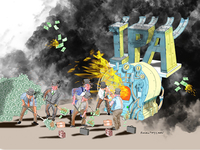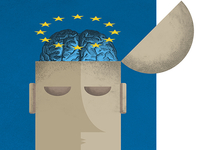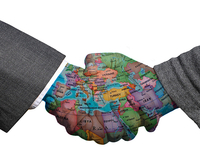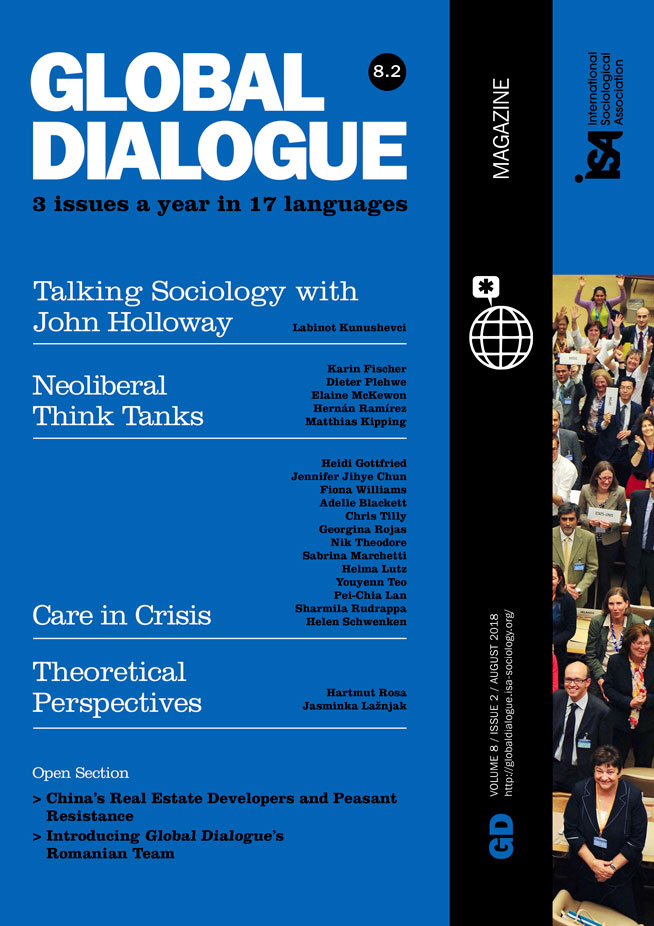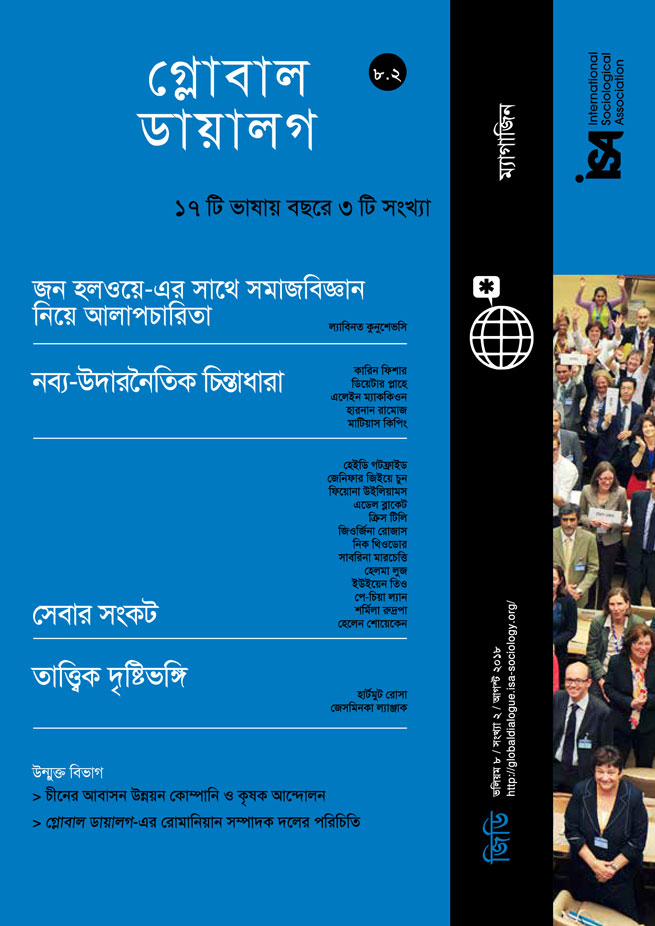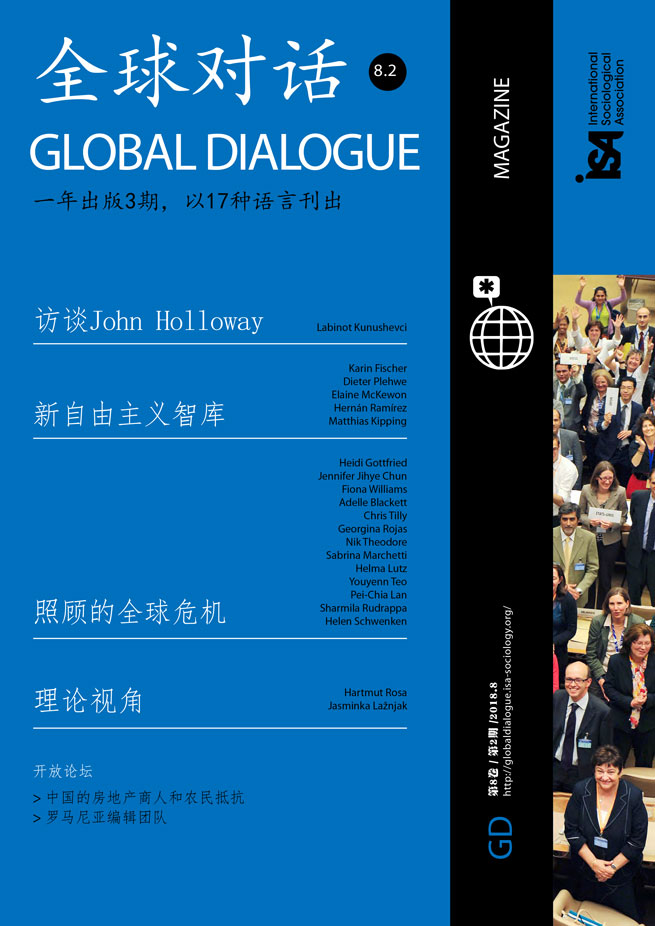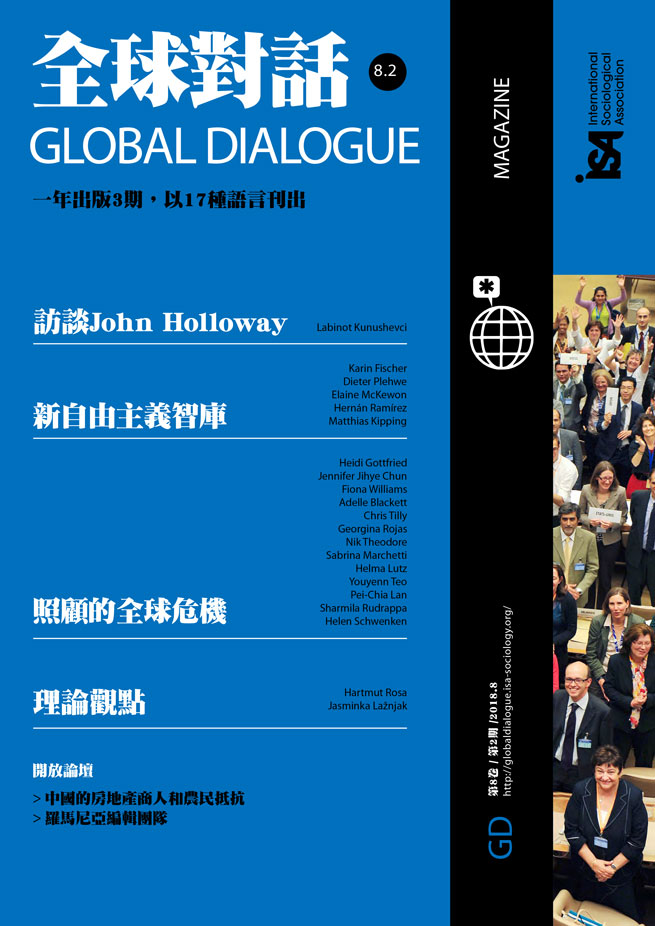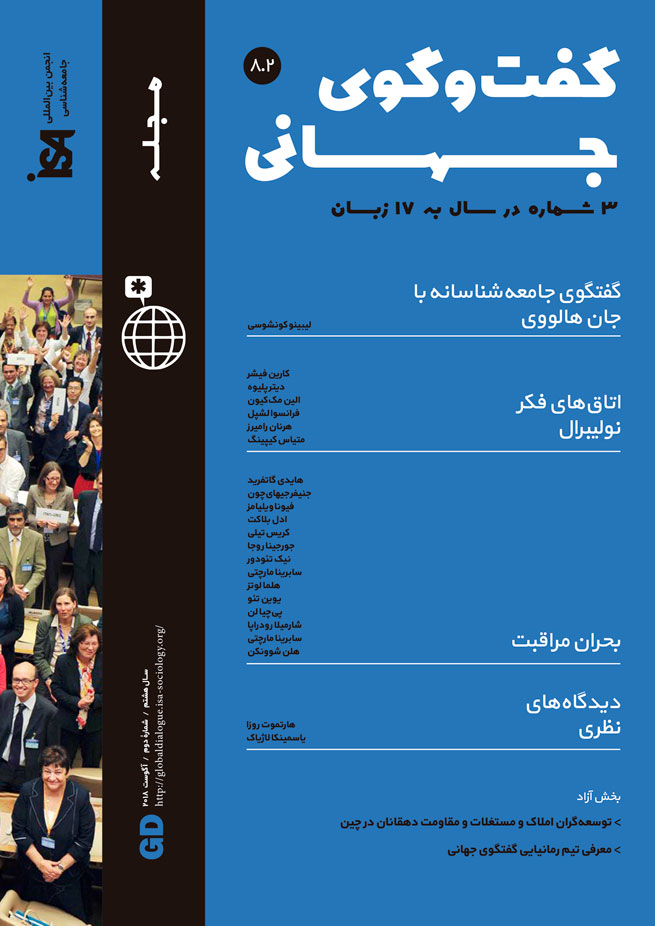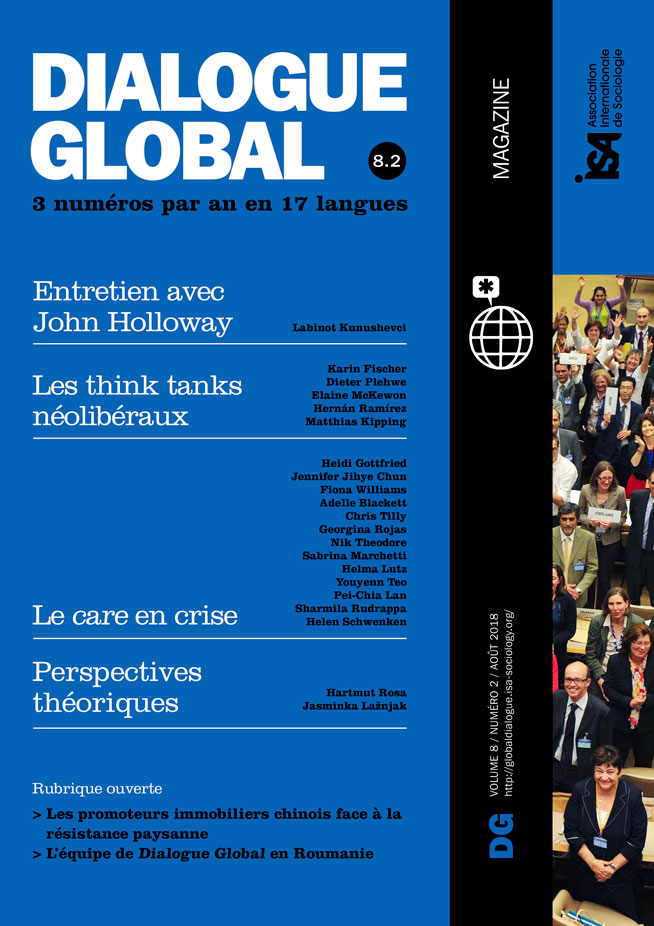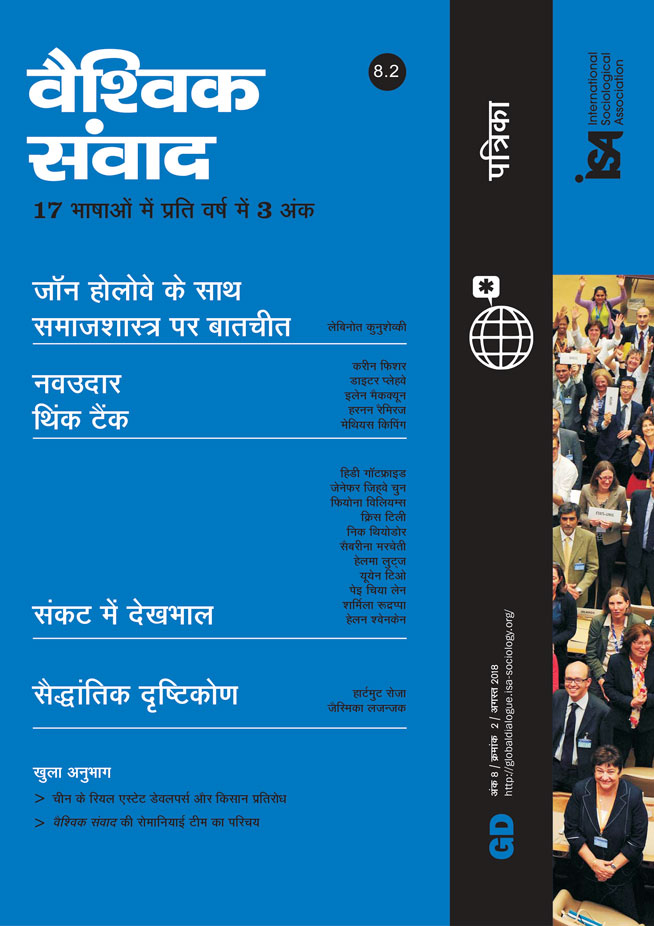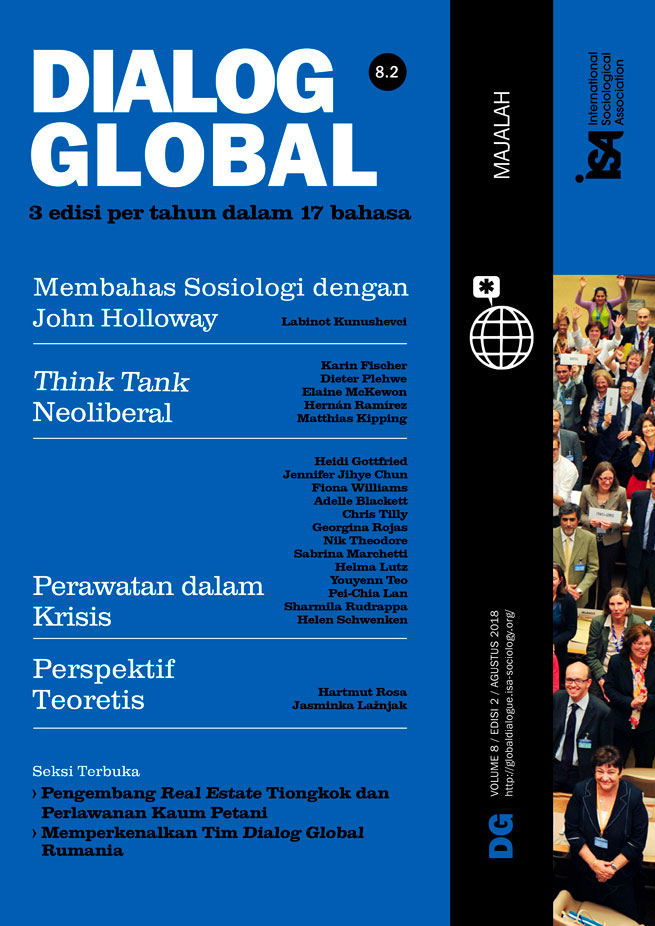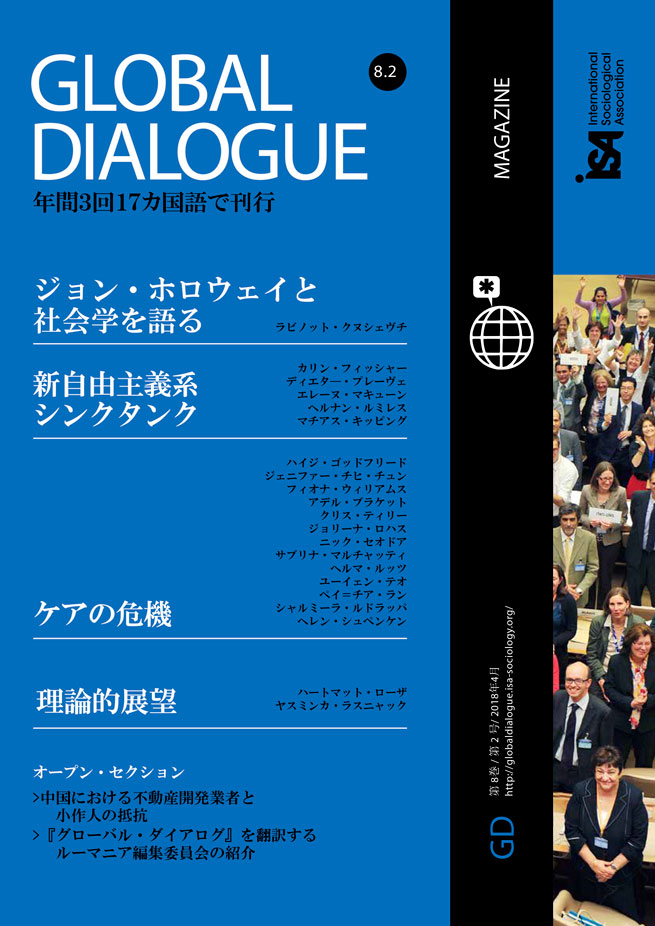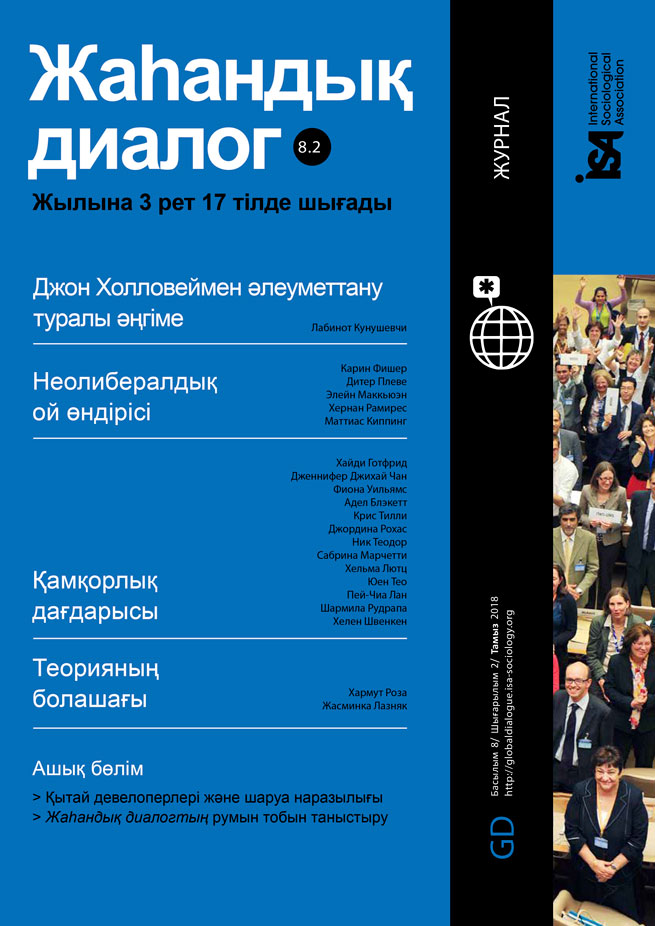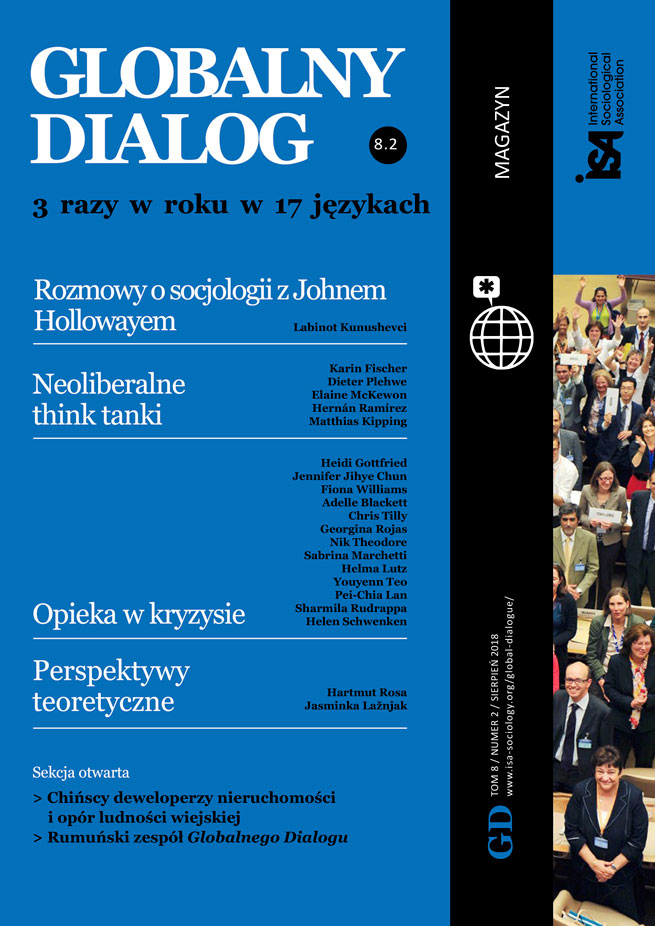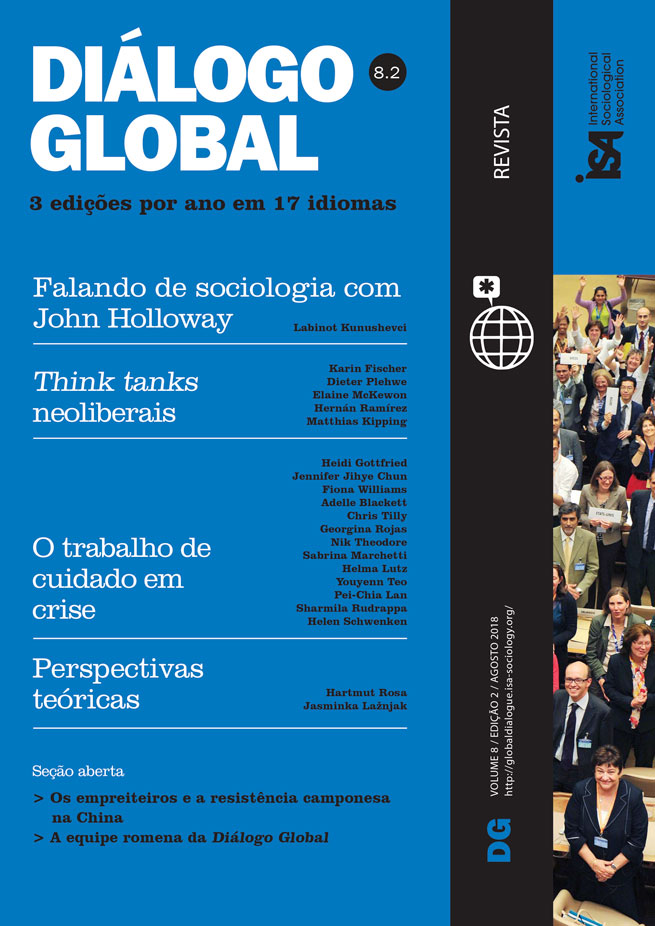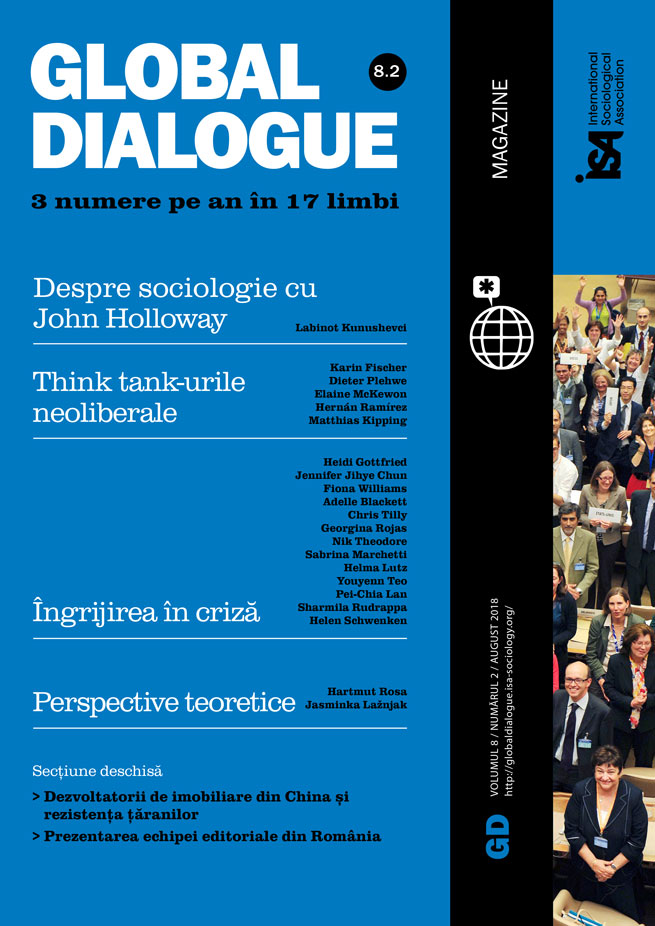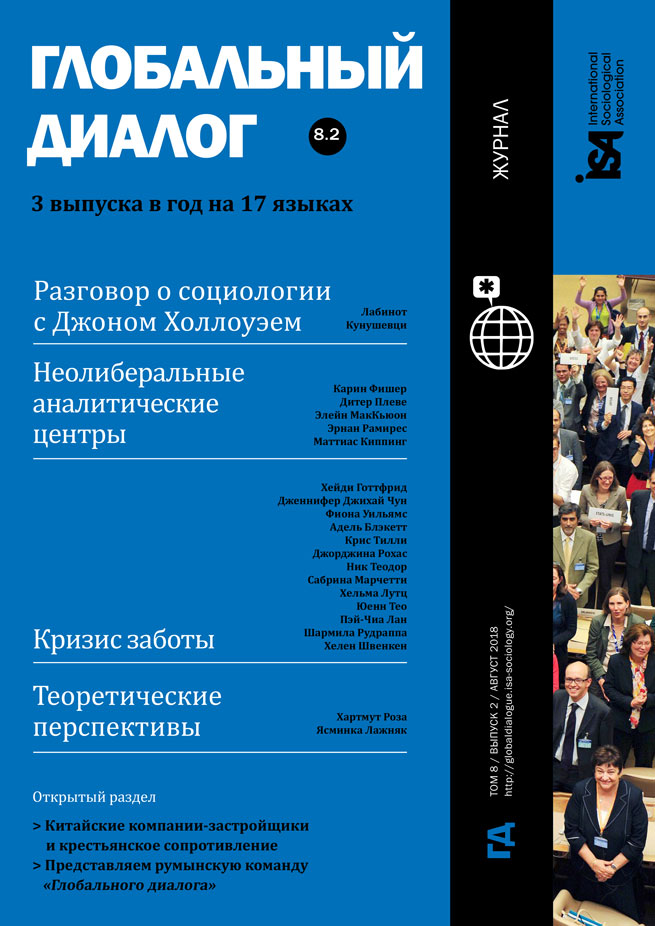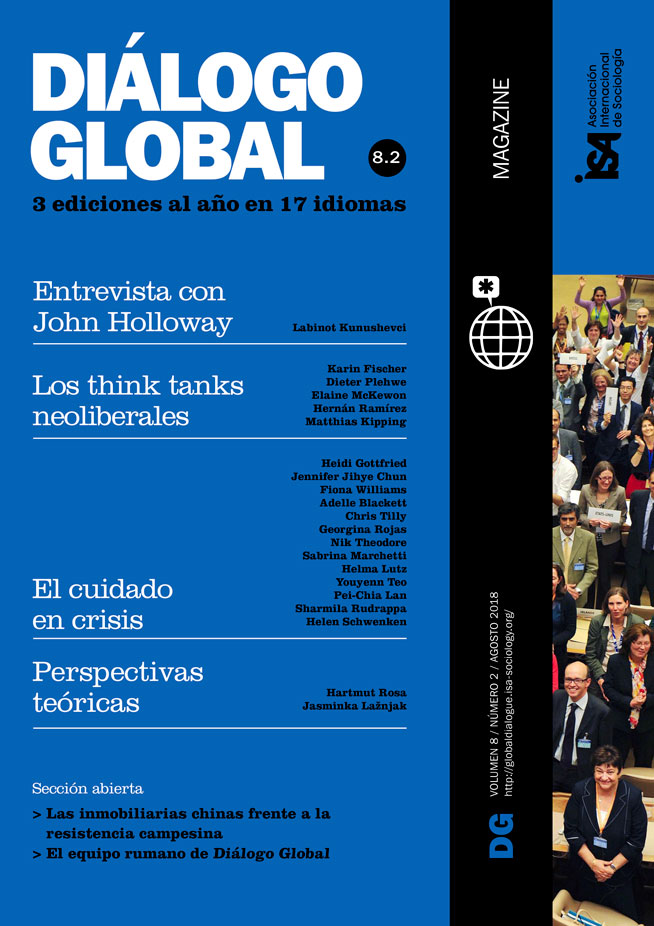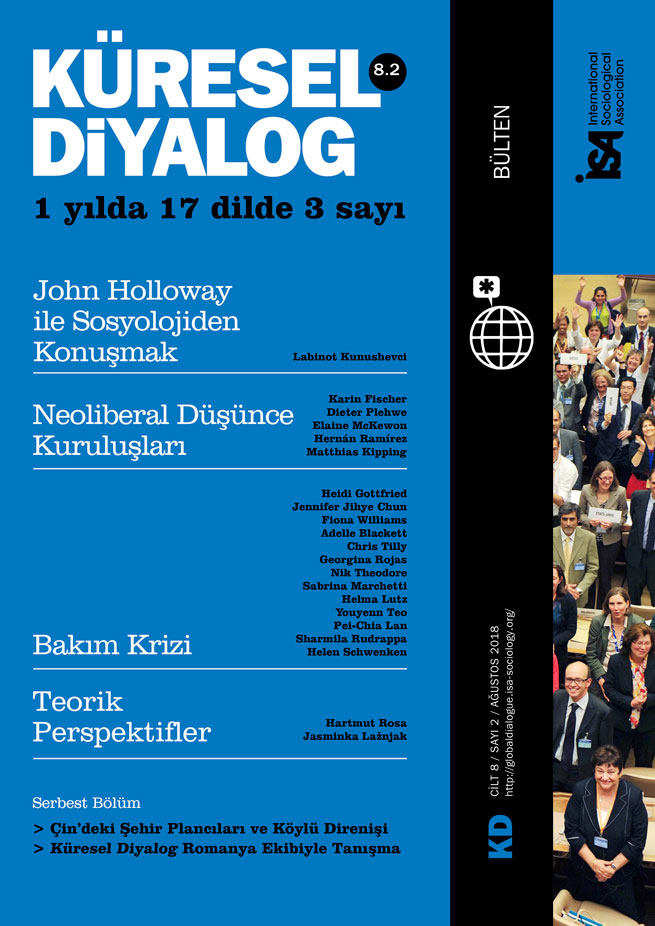Antony Fisher, a British businessman from an upper-class family, read the Reader’s Digest condensation of Hayek’s Road to Serfdom and was enthusiastic about it. In this wartime book, F.A. Hayek coupled socialism with fascism and lashed out at government planning which, in his view, inevitably leads to slavery. After the Second World War, Fisher wanted to go into politics but Hayek convinced him to “forget politics. Politicians just follow prevailing opinions. If you want to change events, you must change ideas.” In other words, convince academics, teachers, writers, journalists – and the politicians will follow. In this way, the think tank model was born.
Hayek couldn’t have found a better companion to build an institution with the aim of spreading the idea of free markets, limited government, and individual liberty under the rule of law. Fisher founded the Institute of Economic Affairs (IEA) in 1955 in London, which immediately opened an ideological artillery fire upon the political establishment, as one of its chairmen put it. Over time, the IEA converted the personnel of the Tory Party into neoliberals. It put together Margaret Thatcher’s election platform and helped shape her economic policies, in particular in the field of privatization and deregulation.
After the successful establishment of the IEA, Fisher – meanwhile well connected through neoliberal elite circles like the Mont Pelerin Society (MPS) – dedicated his considerable energy to the development of neoliberal think tanks. The Manhattan Institute and the National Center for Policy Analysis in the US, the Fraser Institute in Canada, and the Centre for Independent Studies in Australia – Fisher had a hand in all of them. At the beginning of the 1980s the time was right to start another offensive. The aim of the Atlas Economic Research Foundation, known simply as Atlas Network, was to “litter the world with free-market think tanks,” in the words of John Blundell, former Atlas President, General Director of the IEA, and MPS member. Since its foundation in 1981, Atlas has launched or nurtured some 475 institutions in over 90 countries worldwide, from Chile to Hong Kong and from Iceland to Ghana. The bulk of organizations are located in the US and in Europe, but Latin America counts 78 and East- and South-Asia no fewer than 37 radical pro-market think tanks (https:// www.atlasnetwork.org/partners/global-directory).
Fisher’s entrepreneurial background and his MPS connections gave him good access to business leaders. Investor John Templeton, a number of other bankers, and General Electric were among the early donors. Pfizer, Procter & Gamble, Shell, ExxonMobil, British American Tobacco, and Philip Morris are among the Fortune 500 corporations that joined the generous donor front. Both transnational capital and local economic groups or family firms ensure a comfortable financial basis for Atlas-affiliated think tanks in every region of the world. In spite of the frequent claims to independence from state funds, Atlas members have received funding from the US State Department and the National Endowment for Democracy (NED), for example.
Strategic Replication and Cross-National Organizing
Atlas functions like an umbrella organization. On the one hand, it provides think tank entrepreneurs with significant sums of start-up money and advice and connects them with donors. On the other, Atlas integrates its members through joint events, e.g. the Regional Liberty Forums, travel grants, and awards. By developing a leadership academy and a MBA course for executives it enhances the professional character of think tank activities and personnel worldwide.
The Atlas family has a wide variety of members. There are think tanks which produce and popularize “pure doctrine” and keep some distance from concrete politics. Good examples in this regard are those who base their “war of ideas” on the principles of Hayekian thinking and Austrian Economics. Others are more public policy-oriented “do tanks” which engage in consultancy, and still others go beyond intellectual activities, focusing on direct action involving infiltration, fake news, and the defamation of personalities of the other side. The newly emerging Atlas-affiliated groups in Brazil that sparked and continue to fuel a cultural war against the Worker’s Party and its representatives are a good example.
From the beginning, the neoliberal institution builders had a globalist outlook. The removal of barriers against trade and investment is key to their utopia of “cosmopolitan capitalism.” Frequently overlooked, the international scope was also important to guide neoliberal state intervention everywhere. In the mid-1980s Atlas started to propagandize free-market ideology and build up like-minded intellectual circles in the former state-socialist countries in Eastern Europe. The 1980s and 1990s have also been a decisive period for think tank activities in Latin America and Asia. International and regional debt crises were followed by structural adjustment policies. While independent university research centers suffered from the crisis, well-staffed think tanks engaged in austerity-related economic and social policy advice. This is also the case in the Global North where the global financial crisis of 2007-8 called free-market think tanks into action, advocating austerity politics. From this we can see that regime change, crises, and political turmoil provide excellent opportunities for think tanks to mobilize resources and engage in agenda setting.
One Message, Many Voices
What are the key topics on which the organized neoliberalism engages in the battle of ideas? The Atlas freedom fighters orchestrate concerted efforts against the welfare state, promoting asset-based, privatized welfare in the areas of housing, social security, health, and education. Public policy advice is focused on deregulation and re-regulation in a business-friendly way; low taxes are always a selling point. The transnational “sound money” campaign advocates monetary reforms based on rigid monetarist principles. The recruitment of the campaign leader Judy Shelton as an economic adviser to Donald Trump (and her nomination as chairwoman of the NED) is likely to reinforce these policy interventions. In the Global South, the focus is on strengthening ownership rights. The poor are seen as innovative entrepreneurs, trained to exploit diverse sources of income. The only thing which has to be done is the removal of strangling regulations and the restoration of property rights. Atlas is proud that the World Bank adopted this approach. The Bank’s Doing Business Index follows exactly Atlas’ policy recommendations.
Neoliberal policy is contested and the freedom fighters encounter resistance. There is also friction within the Atlas family. But the transnational neoliberal architecture built up by Atlas fulfills Fisher’s founding principle of strategic replication: One institute sounds like a lonely solo; many institutes, all singing a similar refrain, are the chorus needed to influence public opinion and ultimately public policy.
Karin Fischer, Johannes Kepler University Linz, Austria <Karin.Fischer@jku.at>


